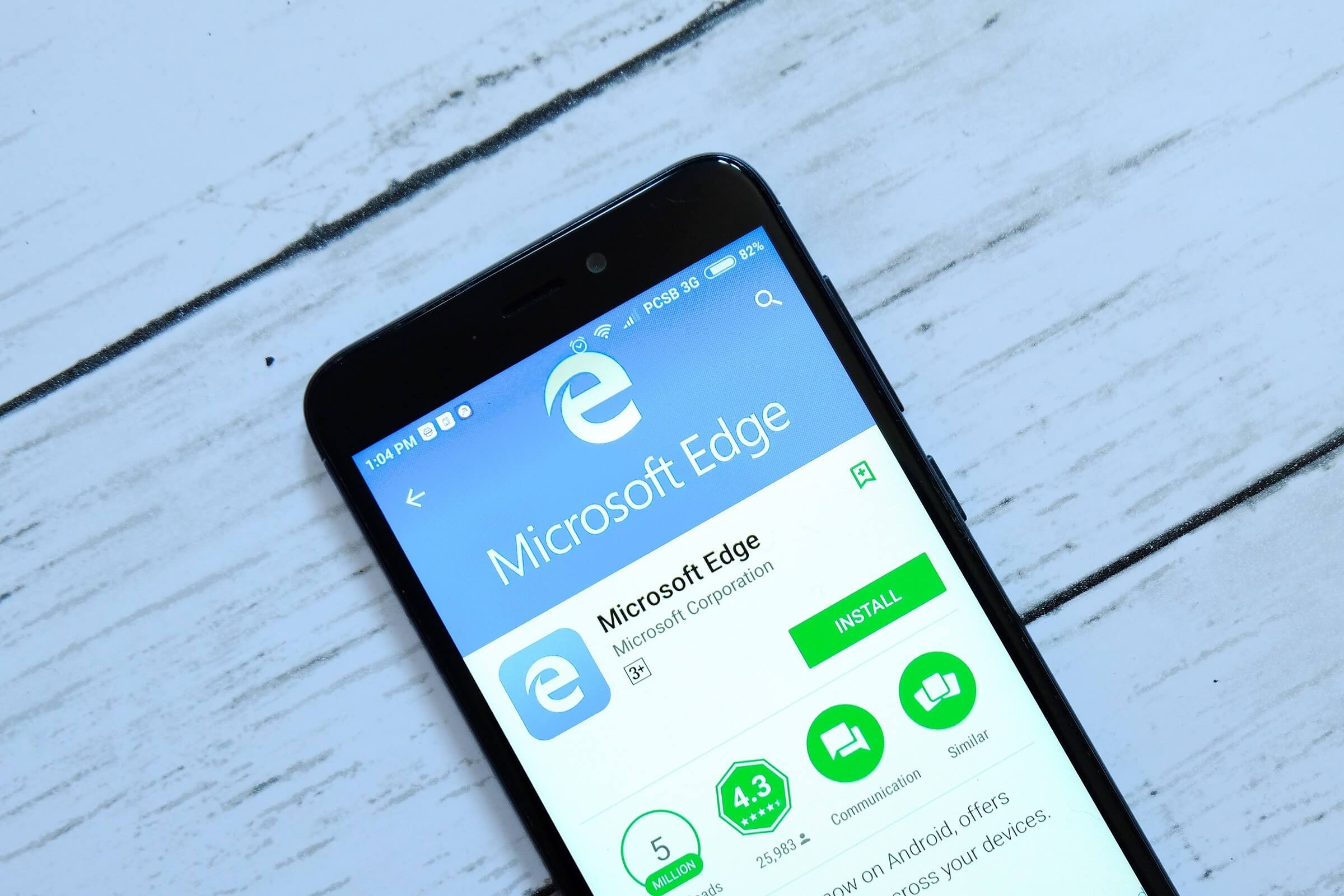In brief: In an attempt by Microsoft to stop the spread of fake news, users of its Edge mobile browser are being warned when visiting news sites that are considered untrustworthy. One of the biggest culprits is the Daily Mail's online edition, which the feature warns "generally fails to maintain basic standards of accuracy and accountability" and "has been forced to pay damages in numerous high-profile cases."
The feature comes through a partnership with third-party startup NewsGuard and is part of Microsoft's Defending Democracy program. NewsGuard rates sites based on nine criteria, such as not repeatedly publishing false content, avoiding deceptive headlines, and clearly labeling paid-for content.
NewsGuard had been available as an optional extension for Edge, but Microsoft is now rolling it out as a built-in feature in the mobile version of its browser. Its creators hope this will be the first step before a broader rollout across multiple platforms.
As noted by the Guardian, Edge is warning those who visit the Mail Online that "the site regularly publishes content that has damaged reputations, caused widespread alarm, or constituted harassment or invasion of privacy." Much like the Kremlin-backed RT news service, the Mail scores just one out of five for credibility.
NewsGuard co-founder Steve Brill says websites with poor ratings should complain to his firm and not Microsoft. "They can blame us. And we're happy to be blamed. Unlike the platforms we're happy to be accountable," he said.
One of the problems with this initiative is Edge's relatively low popularity. On desktop, it's the preferred browser of choice for just 4.3 percent of users, whereas Chrome boasts 64.15 percent. The figure is even lower on mobile, where Edge has only a 0.07 percent share.
Yesterday brought news that WhatsApp was trying to stop the spread of fake news by prohibiting users from forwarding messages more than five times.
Image credit: Faizal Ramli via Shutterstock
